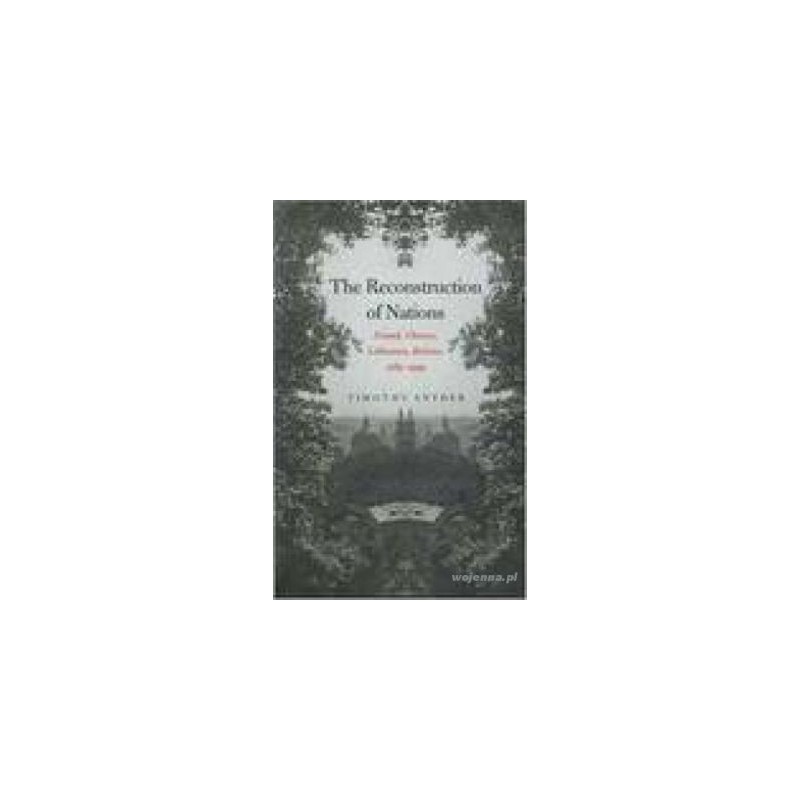
THE RECONSTRUCTION OF NATIONS 8211: POLAND, UKRAINE, LITHUANIA, BELARUS 1569
THE RECONSTRUCTION OF NATIONS 8211: POLAND, UKRAINE, LITHUANIA, BELARUS 1569
pModern nationalism in northeastern Europe has often led to violence and then reconciliation between nations with bloody pasts. In this fascinating book, Timothy Snyder traces the emergence of Polish, Ukrainian, Lithuanian, and Belarusian nationhood over four centuries, discusses various atrocities (including the first account of the massive Ukrainian-Polish ethnic cleansings of the 1940s), and examines Polands recent successful negotiations with its newly independent Eastern neighbors, as it has channeled national interest toward peace./ppspan class`MHRHead`You will be hard-pressed to find a better English-language history of the past 150 years in Vilnius and in Volhynia/Galicia. Snyder goes into great detail about the history and ironies of Polish, Lithuanian and Ukrainian nationalism (Belarussian history and nationalism, described as a quot:national failurequot: by Snyder, gets shorter shrift). The modern history of these until-recently contested regions is quite complicated and arouses great passions from Poles/Lithuanians and Poles/Ukrainians to this day. Snyder does an excellent job of trying to approach the history here as something fresh, rather than try to amalgamate different competing national mythologies.br /br /A warning: this is not a comprehensive history of the region, and is not even really a comprehensive history of modern Polish, Lithuanian and Ukrainian nationalism. A great many events, places and people are mentioned in passing, and if you do not already have a firm grounding in East European history you can easily get lost as the tides of history swirl by. The book is best understood as having, at its heart, a history of the Vilnius guberniya and a history of the Volhynia guberniya and Galician Koenigreich from about 1900 to about 1950. The chapters on Volhynia during the Second World War are at once both the most harrowing and also the most illustrative as to how individuals and groups were able to switch back and forth between ideologies and how persecutions and atrocities were able to build one on top of another. This goes a much longer way than many other recent histories in explaining just how genocide and ethnic cleansing was able to occur in Europe in the 20th century./span/p
Data sheet
- Język
- AN
- Ilość stron
- 384
- Data premiery
- 2004-09-07
- Rodzaj okładki
- MIĘKKA
- Termin realizacji
- 24
16 other products in the same category:
















